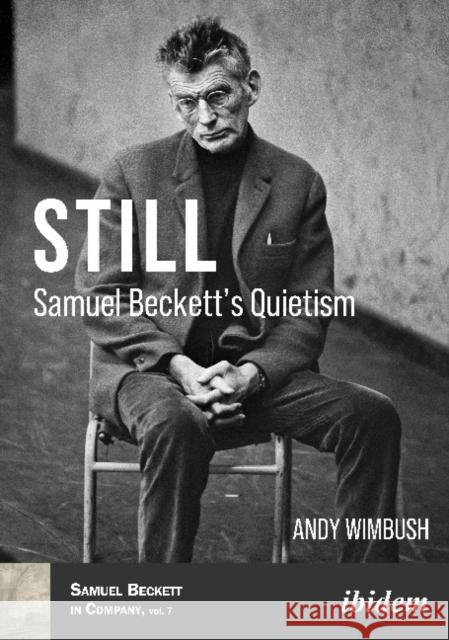Still: Samuel Beckett's Quietism » książka
topmenu
Still: Samuel Beckett's Quietism
ISBN-13: 9783838213699 / Angielski / Miękka / 2020 / 272 str.
Kategorie BISAC:
Wydawca:
Ibidem Press
Seria wydawnicza:
Język:
Angielski
ISBN-13:
9783838213699
Rok wydania:
2020
Numer serii:
000790721
Ilość stron:
272
Waga:
0.34 kg
Wymiary:
20.83 x 14.73 x 1.78
Oprawa:
Miękka
Wolumenów:
01











